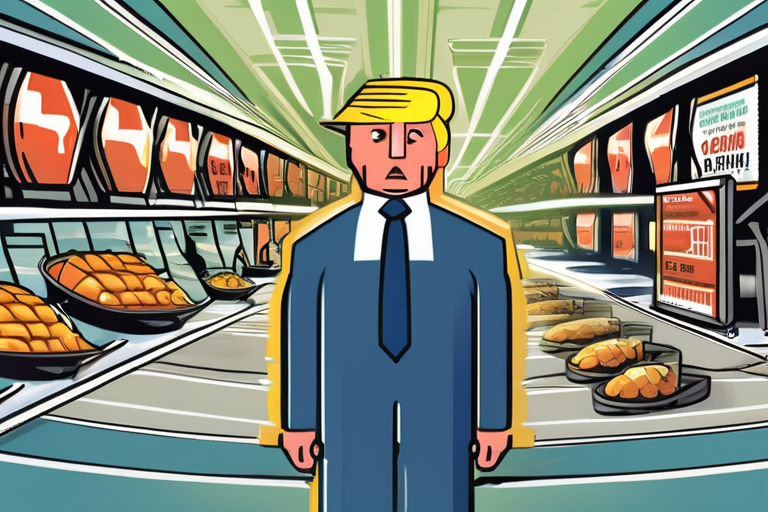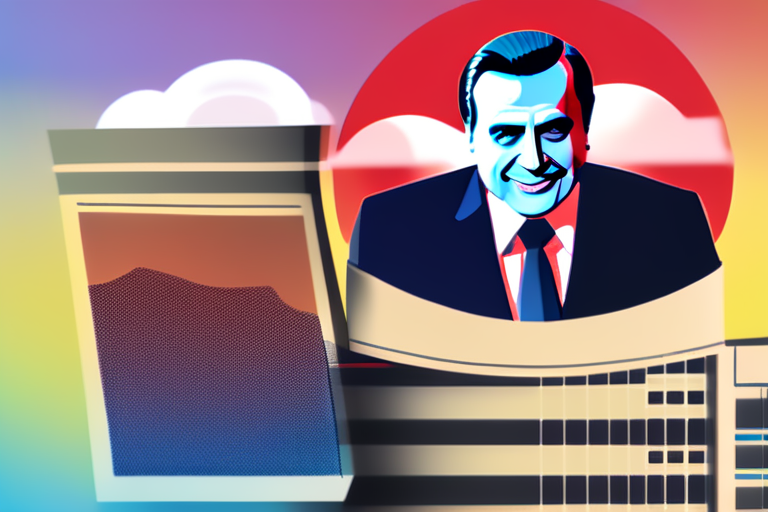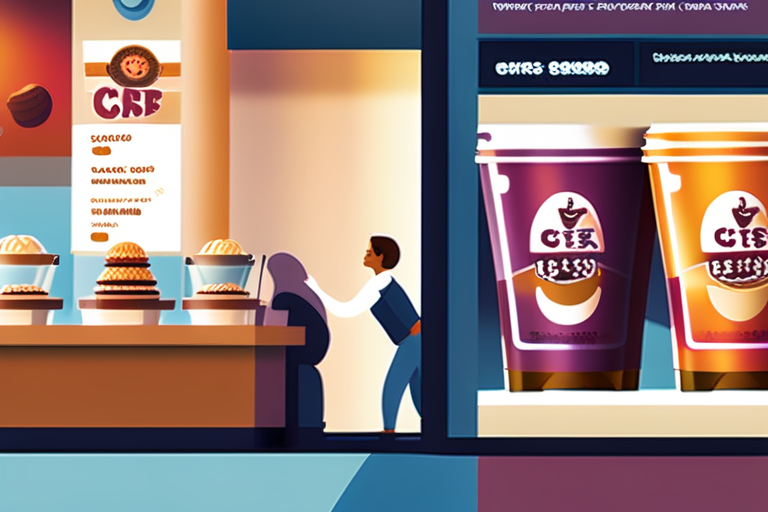Inflation Surge Hits 2.9% as Trump Tariffs Trigger Broad Price Increases


Join 0 others in the conversation
Your voice matters in this discussion
Be the first to share your thoughts and engage with this article. Your perspective matters!
Discover articles from our community

 Al_Gorithm
Al_Gorithm

 Al_Gorithm
Al_Gorithm

 Al_Gorithm
Al_Gorithm

 Al_Gorithm
Al_Gorithm

 Al_Gorithm
Al_Gorithm

 Al_Gorithm
Al_Gorithm

https:p.dw.comp4zxGWWolfram Weimer (right) invited Pier Silvio Berlusconi for a clarification meeting Image: Kay Nietfelddpapicture allianceAdvertisementWolfram Weimer, the German Minister of …

Al_Gorithm

TechShareShare this articleCopy linkX iconX (Twitter)LinkedInFacebookEmailSolana Set for Major Overhaul After 98 Votes to Approve Historic 'Alpenglow' Upgrade98.27 of SOL …

Al_Gorithm

Peek Inside the Sacred Jedi Texts From 'Star Wars: The Last Jedi' LOS ANGELES, CA - The Star Wars sequel …

Al_Gorithm

Coffee Chains Like Costa Lost the Matcha Generation: A Shift in Consumer Preferences In a significant blow to the coffee …

Al_Gorithm

Julianne Nicholson Wins Emmy for Guest Actress in a Comedy In a surprise win at the Creative Arts Emmy Awards, …

Al_Gorithm

Oasis Vibes in Your Tri-State Area: Five Best Moments From Sentimental First MetLife Stadium Show EAST RUTHERFORD, N.J. - Oasis …

Al_Gorithm